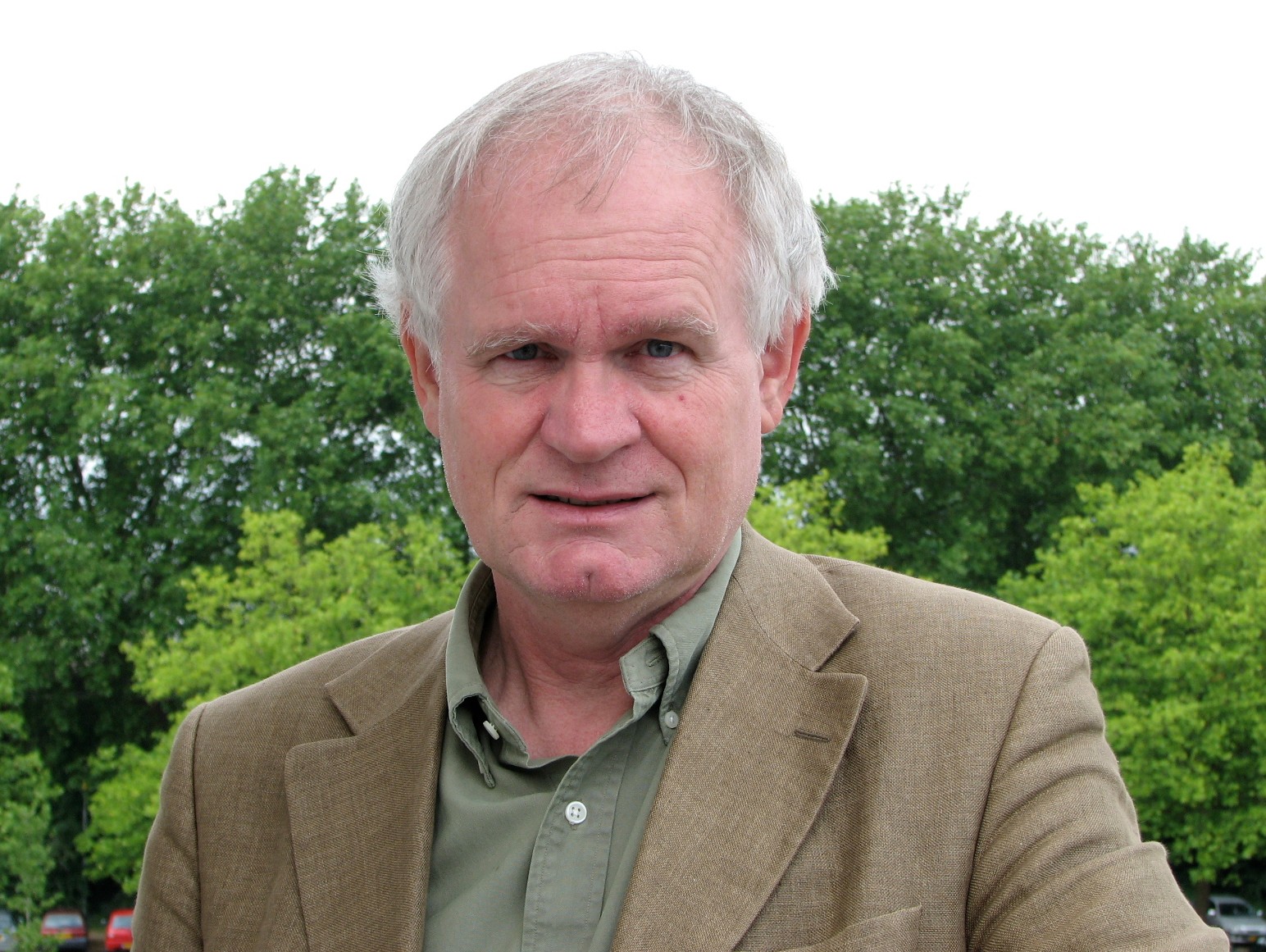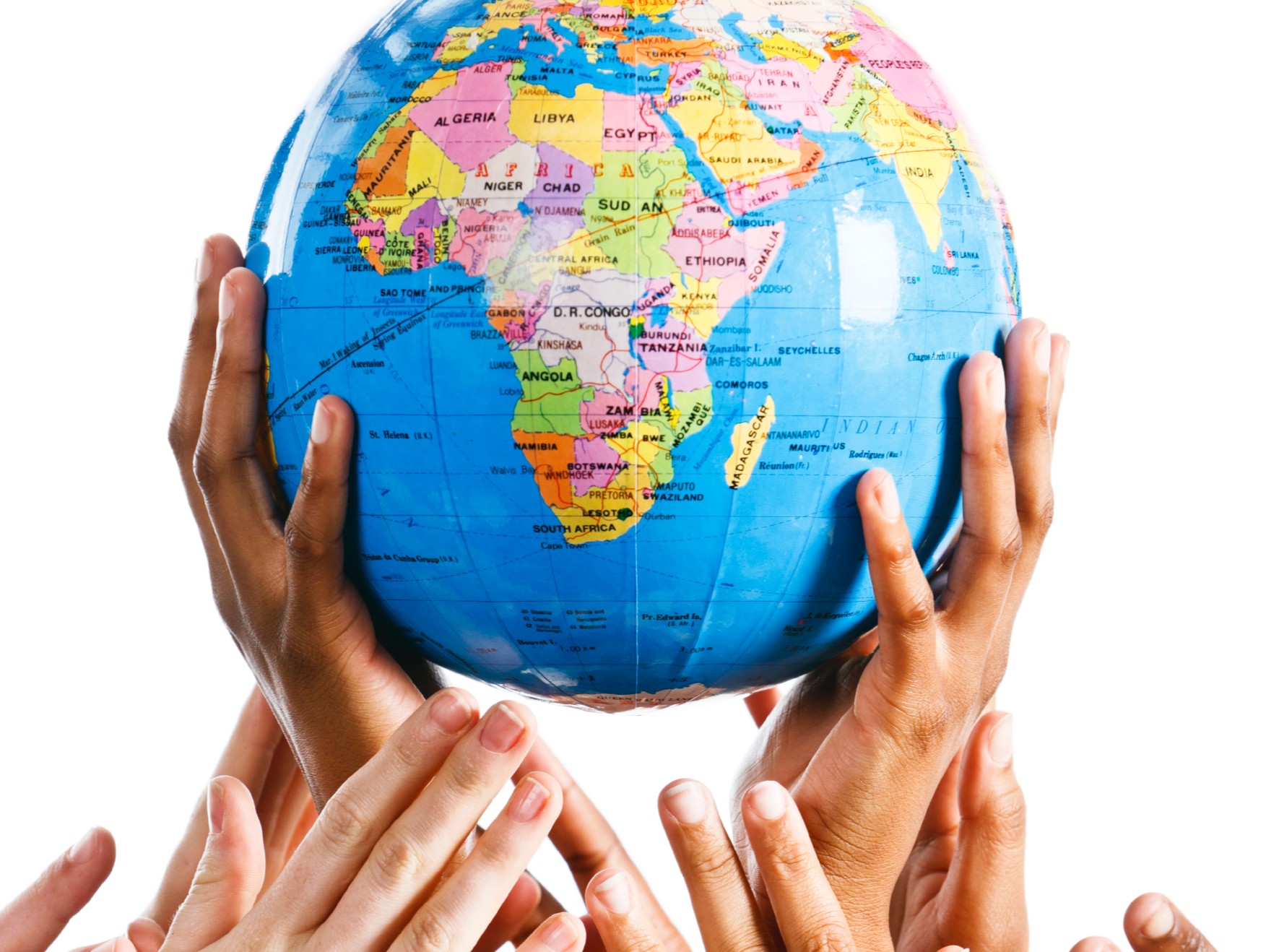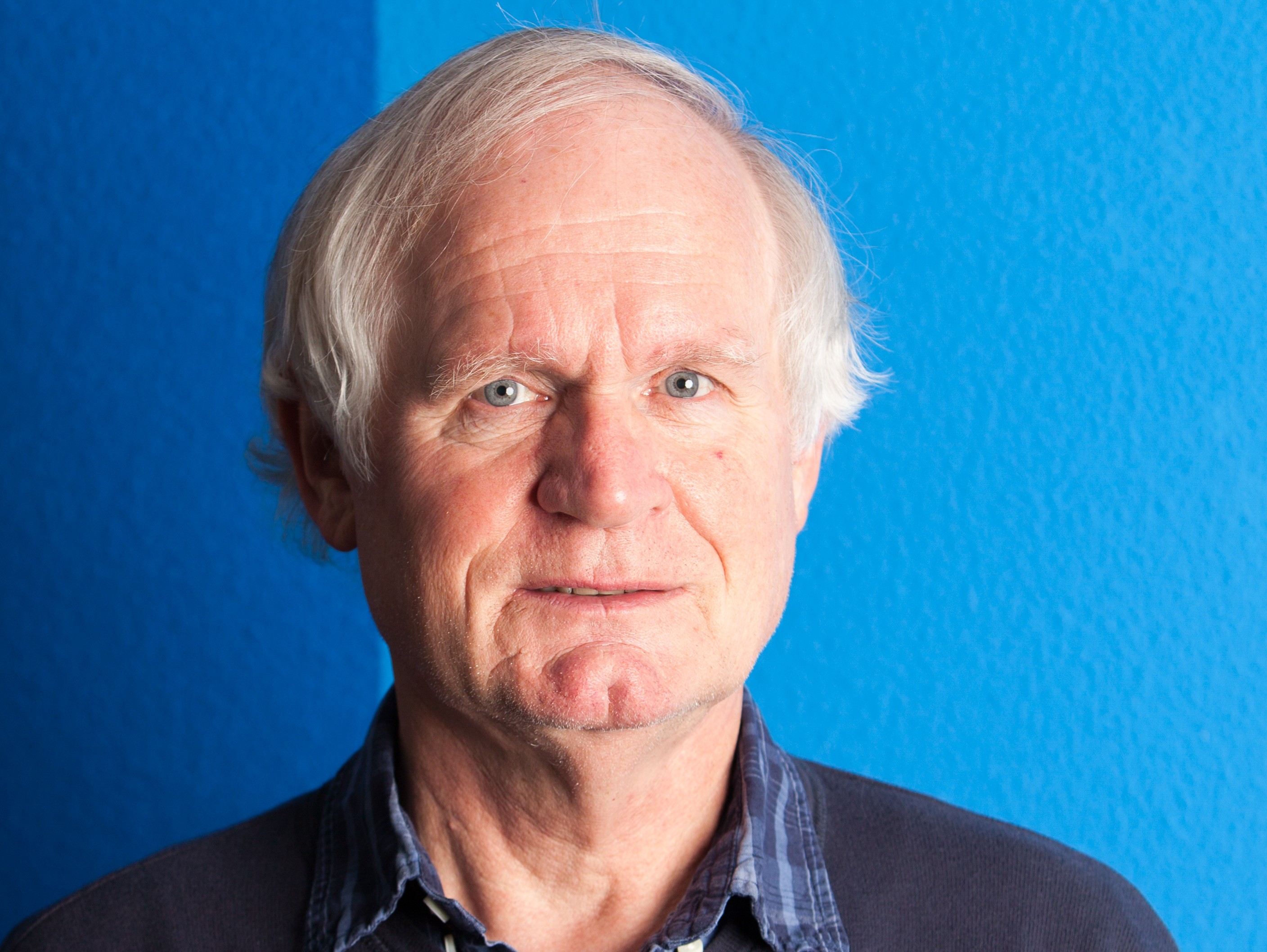
The European Union appears largely self-sufficient in basic foodstuffs. Therefore, the food security of the EU seems assured. However, appearances can be deceptive: the EU is relatively poor in terms of raw materials for agriculture. Here, Wouter van der Weijden analyses the problem.
The European agricultural sector is reliant on a small number of foreign suppliers of raw materials. Hence, not only is the agricultural sector vulnerable to geopolitical changes, but the European food processing industry – which is dependent on the agricultural output – would also suffer the consequences if things should go wrong. A report entitled ‘The geopolitics of raw materials for agriculture and food production’ by the Dutch Platform for Agriculture, Innovation & Society (Platform LIS) provides a clear analysis of the situation and makes a large number of recommendations for reducing Europe’s dependence on import and hence its vulnerability.
The primary role of Platform LIS is to advise the Dutch Minister of Agriculture. “But our advice is also aimed at the private sector, the research community, the European Commissioner and the European Parliament,” says Wouter van der Weijden, chair of Platform LIS, lead author of the report and also director of Centre for Agriculture and Environment (an independent foundation providing knowledge and consultancy in the areas of agriculture, food, nature and the environment).
“The report not only provides analysis and recommendations, but is also intended as a wake-up call for the agri-food sector,” he says. “Thankfully, this industry is taking the message very seriously.” In early March, Minister Sharon Dijksma reacted to the report findings in a letter to the president of the Lower House of the Dutch Parliament. She underlined several of Platform LIS’s recommendations. In other words, the time has come to make changes and take action. “The older, more traditional arm of the Ministry of Economic Affairs in The Netherlands still believes in the sanctity of the free market,” cautions Wouter van der Weijden, “But that dogma of free trade is starting to become a dangerous faith.”
The report focuses on seven raw materials that are critical for European agriculture: soya, the mineral macronutrients phosphate and potassium, and the mineral micronutrients zinc, selenium, molybdenum and boron. These raw materials are not replaceable in agriculture or the food chain, but they are replaceable in industry to a greater or lesser extent. “Mineral resources will never run out completely, they will only become diluted and scarce, but economically recoverable reserves will sooner or later become depleted,” states Van der Weijden. On a global scale, the depletion of the reserves of most raw materials will only occur in the long term, but this will happen much sooner on a regional scale. One example is copper, which is of indirect importance in livestock farming. “Selenium is a by-product of copper which is used in feed, among other things. In Western countries, despite increased investments, fewer and fewer new copper reserves are being found – which in turn means that less selenium is available.” But scarcity on the market could also be the result of geopolitics or of market manipulation by cartels of private and/or state-owned companies. “That is already the case on the markets for phosphate and potassium-based artificial fertiliser,” continues Van der Weijden.

Geopolitics is often defined as ‘the way in which states take account of geographical realities in their foreign policy: location, country profile, the presence of sea routes, availability of fresh water, but also the presence of mineral raw materials’. “The geopolitical risks are diverse,” explains Van der Weijden. “An armed conflict could develop which causes export activities to collapse, as is the case with phosphate exports from Syria at the moment. If something similar were also to happen in Morocco, such as a civil war or a conflict over the Western Sahara (which was annexed in 1975), the whole world would face a huge problem because Morocco holds almost three quarters of the global phosphate reserves. Those countries which not only export the raw materials but are also major users of them could give priority to supporting their own agriculture or industry, or they could use their position to exert political pressure on importing countries.”
To illustrate his point he mentions China, a mega-importer of feed. In the case of soya scarcity and the resulting high pig and poultry meat prices on its domestic market, it could decide to purchase all available soya on the world market in one go. The European livestock sector depends on imported soy meal for 70% of its protein-rich feed (excluding grass). A sudden lack of supply would result in a crisis in the European (and in particular the Dutch) intensive livestock sector and create severe price fluctuations for meat and eggs. Thankfully it is possible to substitute soya with European protein-rich crops, but that would take time – at least 10 years – and require political commitment. As a consequence, feed, meat and eggs would become more expensive. “Nevertheless, some countries, such as France, are already making good progress in this respect, and in The Netherlands Agrifirm successfully completed the first practical trials to produce soybeans last year. The experiment is now being scaled up, and the company deserves a compliment.” Agrifirm Plant is supporting growers who want to cultivate soybeans commercially by providing technical advice and by setting up a soybean pool.
‘Europe can assert itself internationally whereas individual countries will be less successful’
Shortages of phosphate and potassium are much more difficult to cope with: they are used in artificial fertiliser and as additives in animal feed by the livestock industry. “The fertiliser is used for growing potatoes and grain. Hence a shortage would soon have an impact on the potato-processing industry and the bakery sector.” Van der Weijden explains that the phosphate reserves are heavily concentrated in Morocco, including the annexed Western Sahara. The Netherlands imports much of its phosphate from Russia because of its high quality. “But in recent years and months, Russia’s actions with the gas price have demonstrated that the country is well aware of its position of power. It could do the same with phosphate and potassium. Two months ago, people simply shrugged it off: ‘What’s the worst that could happen?’ But it’s really not inconceivable that Russia could drive up prices, or even stop exporting to certain countries altogether.” In view of the risks, he expresses surprise that the EU’s recently reformed Common Agricultural Policy considered the potential shortage of soya but not of abiotic raw materials. Platform LIS has called this a short-sighted approach.
“For both The Netherlands and the EU, it is of strategic importance to not rely blindly on the free world market but rather to actively strive to reduce import dependency,” claims Van der Weijden. Focus points in doing so are: more efficient use of raw materials, recycling and substituting them with less critical raw materials. “That last point only applies to industry, by the way, because the raw materials are simply irreplaceable in agriculture.”
He urgently calls for a common European approach: “Europe can assert itself in the world of international trade whereas individual countries will be less successful. And for the EU, it really is of strategic importance to reduce dependency on the import of raw materials. The agricultural policy should also take account of the supply risk of raw materials, and the raw material policy should pay more attention to agriculture and food. Furthermore, it’s important to take a long-term approach of at least 50 years.”
One recommendation to the EU is to promote stable prices for raw materials, such as by applying strict anti-dumping policies and variable duties. “You could also think of a recycling obligation for critical nutrients and a blending obligation for recycled nutrients,” explains Van der Weijden. “It’s about truly recycling things!” he emphasises. “I’m very much against incineration if it generates a residual product that can no longer be used.” Nevertheless, he calls The Netherlands a pioneer in this area: phosphate is increasingly being successfully recovered from sewage sludge. For example, phosphate recycling has enabled the company Slibverwerking Noord-Brabant (SNB) to transform itself from a sludge incineration company into a supplier of raw materials for the fertiliser industry. The company now plays a prominent role within the Nutrient Platform and the Phosphate Recycling Chain Agreement.

Businesses themselves can also take a proactive approach: “Both the agricultural sector and the food industry should spread the risk by sourcing their raw materials from several different suppliers in a mix of long-term contracts,” he advises. “The European Union is not keen to start establishing public stockpiles, but companies can of course maintain private ones. Moreover, in industry, strive to substitute micronutrients with less critical raw materials, and replace imported soya with European protein-rich crops.” In her letter, Sharon Dijksma did indeed underline the need to stimulate the cultivation of such crops in the EU, but also noted the importance of doing so in a way that would not distort trade. “In my opinion, we do not want coupled payments,” she wrote. Free trade, or not? It still comes down to politics in the end.
Wouter van der Weijden is chair of the Dutch Platform for Agriculture, Innovation & Society (Platform LIS and director of the independent Centre for Agriculture and Environment.
Source: ‘Geopolitiek rond grondstoffen voor landbouw en voedsel’, door: Platform landbouw, Innovatie & Samenleving
Source: Pasfoto: Jord Visser, Wereldbol: ©iStock.com/RapidEye